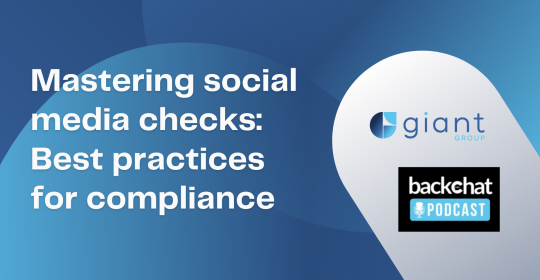Clerical staff are enjoying pay increases well above the rate of inflation and the economy as a whole, according to research published today (May 26 2004) by IRS Employment Review.
The survey of 2003 salaries found that the median (midpoint in the range) basic salary for the lowest clerical and secretarial grades rose by 5.4%.
This represents a fall from the 5.9% increase recorded in the IRS survey of 2002 salaries. However, it is well ahead of the whole-economy figure for the 12 months to December 2003, which stood at 3%.
The results of the research are released in the new issue (800) of IRS Employment Review (www.irsemploymentreview.com), published by LexisNexis IRS.
The survey of pay awards runs from 1 January 2003 to 1 November 2003. The research includes information from 23 private sector employers and 13 public sector organisations. Finance is the most heavily represented sector, reflecting the high concentration of clerical staff within this industry.
KEY POINTS
The median annual starting salary for clerical grades covered by the IRS survey is 11,203. Among a matched sample of organisations participating in the 2002 and 2003 surveys, the median starting salary has risen by 5.4%.
Working hours for clerical and secretarial staff are typically 35 or 37 per week.
Basic pay rises for clerical and secretarial staff in the 2003 pay round were set around a median of 3%, and ranged from 2.1% to 5%.
Almost three-quarters (72%) of organisations awarded a higher pay rise in 2003 compared with 2002. One-fifth awarded a lower rise.
Underpinning: Organisations that use performance to determine the value of individual pay rises often guarantee a minimum payment to employees. Popular in the public sector, this yearís survey has recorded this at organisations including the Department of Trade and Industry (DTI) (500 underpin); the Department of Culture, Media and Sport (DCMS) (guaranteed minimum of the greater of 1.9% or 520); the Scottish Executive (2.5% for effective or exceptional performers); and the Treasury (3.5% for most effective performers).
Bonus and incentive payments: Almost one-third (30%) of clerical and secretarial staff surveyed in 2003 have the potential to top up their basic pay with bonuses. In the finance sector, the value of bonuses ranged from 4% of base salary at Abbey National, to up to 30% for performance related bonuses at Barclays Bank. In the public services sector, top performers can receive a bonus of 2.5% at Customs and Excise, and 5% at the Forestry Commission. At the Scottish Executive, the value of the bonus for the top performers increases if they have received two or more consecutive top ratings. Elsewhere, British Nuclear Fuels operates an incentive scheme payment for meeting shared work targets, worth up to 1,060 per annum.
IRS Pay and Benefits editor, Sheila Attwood said:
ìWhile the overall figures show a marked increase in salaries, some of the starting salary levels are still relatively low. A data protection clerk within a high street bank can expect to start on 8,500 while at the upper end of this sector, a postal clerk/secretary with a UK motor manufacturer can expect a starting salary of 19,951. However, a number of organisations are working to address low pay in the sector, with pay settlements focussing on improving pay progression, particularly for clerical employees in the public sector.
The full survey is published in the new edition (800) of IRS Employment Review available from customer services on 020- 8662 2000, price 30 or can be found on
Clerical pay up 5.4%

Clerical staff are enjoying pay increases well above the rate of inflation





